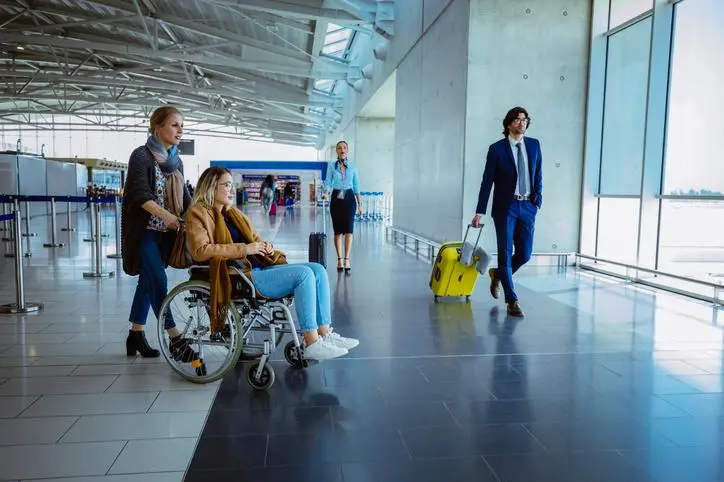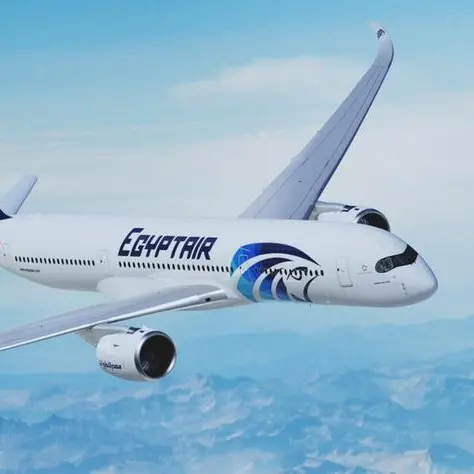PHOTO
While speaking at the second edition of the Dubai Accessible Tourism International Summit on Wednesday, they urged to have trained staff at airports, airlines and also create awareness among the people about the autistic children. They also called for discounts for people with disabilities by airlines, airports, hotels and other aviation and tourism stakeholders.
Majid Usaimi, member of the Higher Committee for the Protection of the Rights of Persons with Disabilities at Dubai Executive Council, said, there is a need to upgrade the rules regarding the use of new technologies operated by people with disabilities as well as train the staff at airports and airlines on how to treat challenged individuals.
"One of the biggest challenges we face is that staff are uneducated, and it takes an hour just to confirm the wheelchair we can use at the airport. So such people lose time to go to the lounge and duty-free shops.
"The information and data should also be made available when we book the flight about tourism attraction, hotel and transportation for people with visual impairments, deaf people and others."
Ayesha Almehairi, Paralympic athlete and customs clearance officer at Dubai Customs, said people with disabilities are challenged to use electric chairs from airport to aircraft because of the lithium batteries.
"Once we book a flight, there should be a passport which includes data about the wheelchair and the kind of battery it contains so that we can use the wheelchair till the gate of the aircraft. Every time we go to different countries, they have different rules. During transits, we miss flights and then [have to] wait for 24 hours in transits. This reflects the situation for the people using wheelchairs," she added.
Almehairi pointed out that some countries don't even have vehicles for people of determination. "We can't use normal taxis, so if possible, they can provide vehicles which support the people of determinations to take them to their destination from the airport."
Manar Abdul Qader Al Hammadi, HR specialist at the General Directorate of Residency and Foreigners Affairs, Dubai, called for touch buttons and voice-over facilities for people with visual disabilities because touch-screen is not friendly for them.
Naseib Obaid Sebait, Paralympic Athlete and employee of Dubai Municipality, said sign language displays could also be very useful for people with disabilities at airports.
Mosbeh Saeed Mosbeh Al Neyadi, Chairman of the UAE Deaf Association, urged discounts, especially for the low-income people, from airlines, hotels and other stakeholders in the aviation and tourism sectors. "There should also be sign language at airports because sometimes we miss flights, not knowing about the flight departures."
Yasmeen Al Qallaf, founder and director-general of Al Faisal Universal Rehabilitation Center, Kuwait, highlighted the challenge of travelling with kids of autism and called for creating awareness among the public.
While praising that both Dubai and Abu Dhabi airports have room where parents can spend time with kids with disabilities, she called for all the major airports to be equipped with such facilities.
She said there is a need to create a code while booking air tickets to give people the priority in boarding the flight.
"Problem is not the condition of the children with autism but people's reaction around us, that is an issue. So we need to create awareness among the people. Also, airport staff should be qualified to handle kids with autism to reduce pressure on parents during their travel," she added.
Copyright © 2022 Khaleej Times. All Rights Reserved. Provided by SyndiGate Media Inc. (Syndigate.info).





















